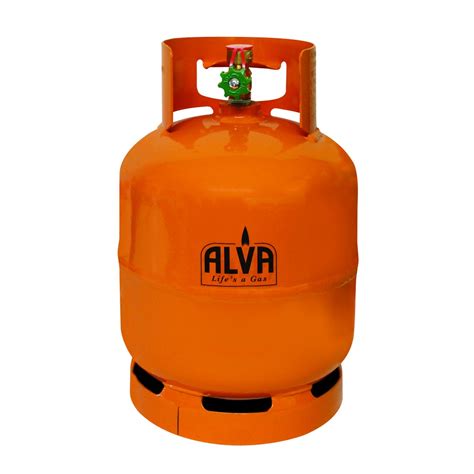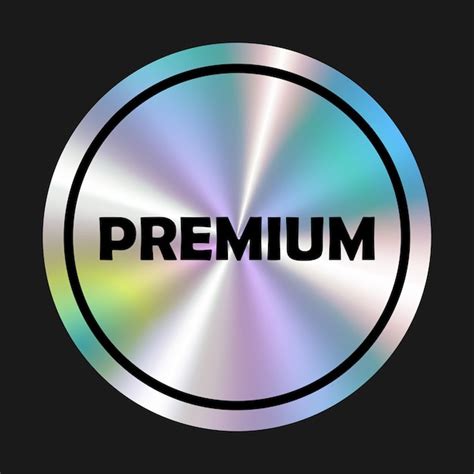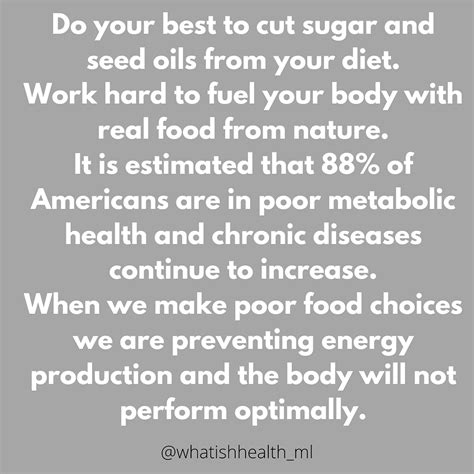Decoding the Octane Debate: When Premium Pays Off (or Doesn’t)
For many car owners, the choice at the pump can be perplexing. With options for regular, mid-grade, and premium gasoline, it’s easy to assume that higher-priced premium fuel must be better for your car. But is this always the case? The truth is, whether premium gas is an essential fuel or a frivolous expense depends almost entirely on your vehicle’s specific requirements, not on a general rule of thumb.
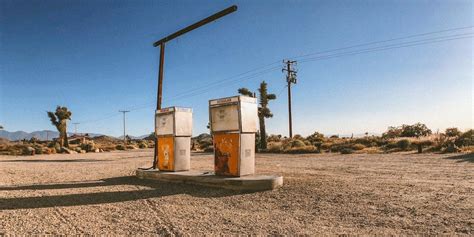
What Does ‘Premium’ Actually Mean?
The primary difference between regular and premium gasoline is its octane rating. Regular gasoline typically has an octane rating of 87, while premium often ranges from 91 to 94. Octane is not a measure of fuel quality, cleanliness, or energy content; rather, it indicates a fuel’s resistance to pre-ignition or “knocking.”
- Engine Knock: This occurs when the air-fuel mixture ignites prematurely in the engine’s cylinders, leading to a detrimental collision of forces and potential engine damage over time.
- Higher Octane, Greater Resistance: Fuels with higher octane ratings are more resistant to this uncontrolled ignition.
When Premium Gas is Truly Necessary
Premium fuel is specifically formulated for high-compression engines, which are typically found in high-performance, luxury, or turbocharged/supercharged vehicles. These engines operate at higher pressures and temperatures, making them more susceptible to knocking with lower octane fuel. If your car falls into this category, your owner’s manual will explicitly state that premium fuel is “required” or “recommended.”
- Required: If your manual states premium fuel is required, using regular gas can lead to engine knock, reduced performance, decreased fuel efficiency, and long-term engine damage. Modern cars have knock sensors that can adjust timing to compensate, but this comes at the cost of optimal performance and efficiency.
- Recommended: If premium fuel is recommended, your engine is designed to run optimally on it, but it can still function safely on regular gas without damage. You might notice a slight dip in performance or fuel economy, but it’s often negligible for everyday driving.

When Premium Gas is Just Wasting Cash
For the vast majority of cars on the road today – those with standard, naturally aspirated engines – premium gas offers absolutely no benefit. If your owner’s manual specifies 87 octane (regular) fuel, pouring in 91 or 93 octane premium gas will not:
- Improve performance (horsepower, acceleration).
- Clean your engine more effectively.
- Increase fuel efficiency.
- Extend the life of your engine.
Your engine is designed to operate on a specific octane rating, and it cannot take advantage of a higher rating if it doesn’t need it. It’s akin to giving a regular athlete an energy drink formulated for an Olympic sprinter – there’s no added benefit that can be utilized.
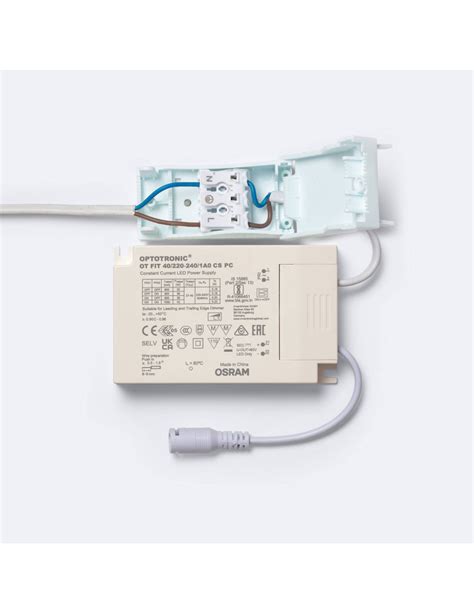
Debunking Common Myths
Many drivers believe premium gas contains more detergents, offers better engine cleaning, or provides a power boost. While all gasoline sold in the U.S. (including regular) is required to contain detergents to prevent engine buildup, premium fuel doesn’t inherently offer more or better cleaning agents. The idea of a power boost is also a misconception; unless your engine is designed to utilize higher octane, it simply won’t translate into more horsepower or quicker acceleration.

The Definitive Guide: Your Owner’s Manual
The single most reliable source of information regarding your car’s fuel requirements is its owner’s manual. It will clearly state the minimum octane rating required for your vehicle. Stick to this recommendation. If it says 87 octane, use 87. If it requires 91 or higher, then by all means, use premium.
In conclusion, for most drivers, premium gas is an unnecessary expense that offers no discernible benefit. Save your money and fuel your car with the octane rating specified by its manufacturer. You’ll be doing your wallet a favor without compromising your car’s health or performance.
